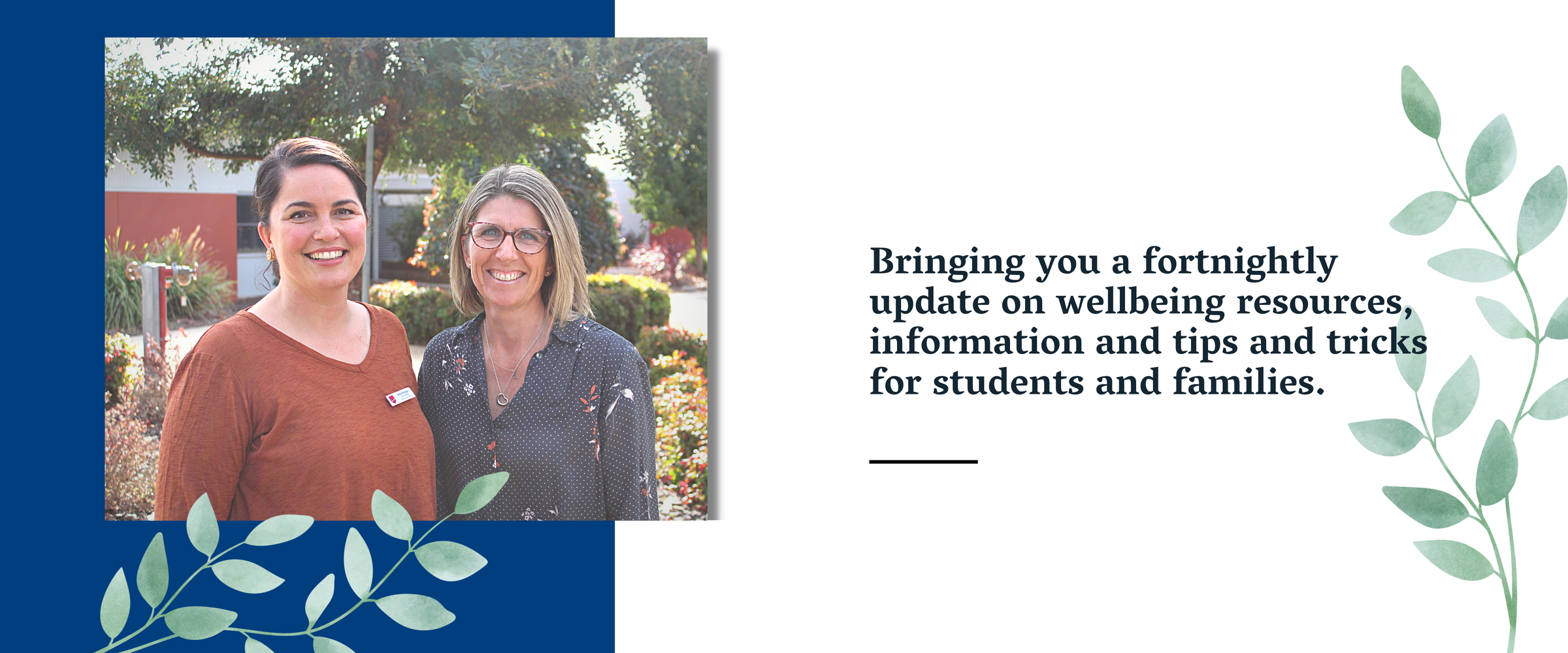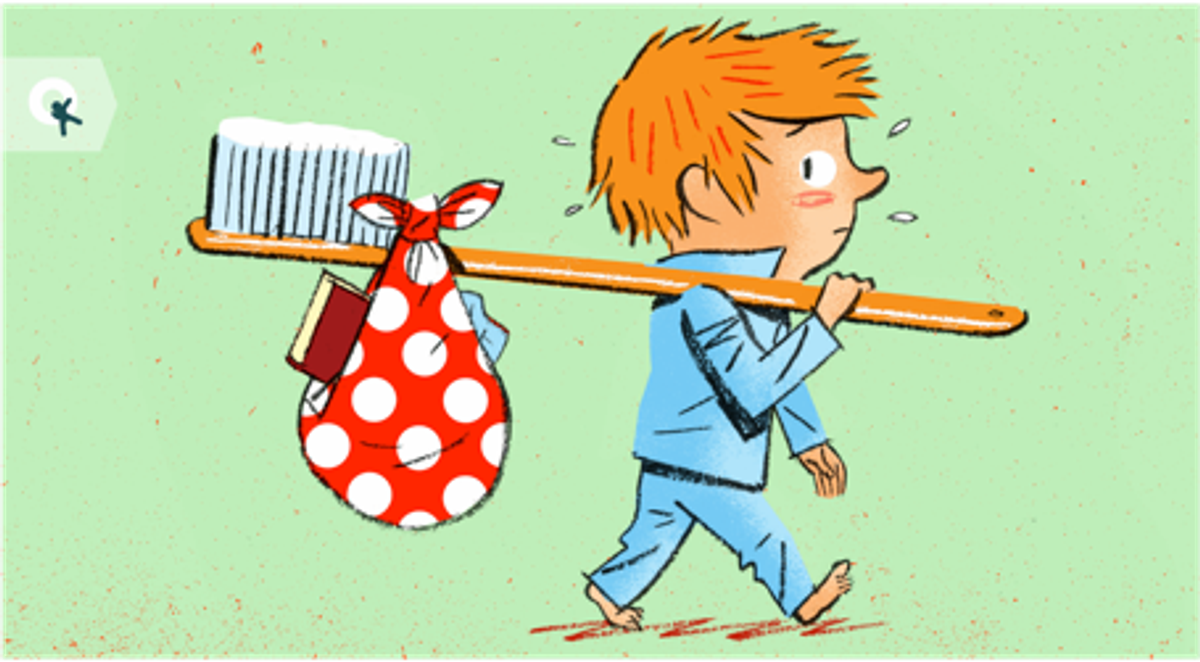Planning for a positive and fun school camp experience
After a fairly disrupted few years of lockdowns and restrictions, many of our students are embarking on school camps for the first time in a long time; and for many, the very first time. School Camp is a great opportunity for students to get out of the classroom and learn from a different perspective. They are great for gaining new interests, growing friendships and developing new skills. School camp is often eagerly anticipated, albeit with some trepidation. So, below we will discuss all things camp, including why camp can be such a positive experience for young people, and how you can help prepare your child if they are feeling a little unsure.
Why do we include school camps in the curriculum?
Encouraging independence
School camps can sometimes be the first time your child has been away from their comfort zone or safety net. Many of our students have missed out on opportunities to attend camp during the past few years due to the pandemic, so for some, camp brings forth feelings of uncertainty.
Camp provides an opportunity for students to begin to take care of themselves, taking on new responsibilities and managing decisions in a safe and nurturing environment. Students grow and develop their identity and sense of self over the course of their stay.
The building blocks to self confidence
School camp experiences constantly encourage student participation in a wide selection of activities and new experiences. Self-confidence is enhanced whilst at school camp as students are able to achieve and succeed in activities both independently and as a team.
Here are some tips on how to send your child/ren off to camp feeling positive and confident.
- Find out when, where and how long the school camp is. Will they be doing hiking? Aquatics? Obstacle Courses? Going down a mine? Is it in Term 1 or Term 4? Are they going for 1 night or 1 week?
- Once you have the information about the upcoming camp, start preparing your child. We don’t mean start packing! Send them on a sleepover or two at a friend’s house or a grandparents place so they have the opportunity to gradually develop the confidence to sleep away from home.
- Discuss the camp in a positive light and talk about the activities they will get to enjoy. If your child is anxious about water sports, or nervous about being away from home, try not to escalate their worries by discussing it too much. It is highly likely they will forget about their concerns as soon as they get swept up in the camp atmosphere.
- If your child comes to you before camp with concerns, remember to try to find a positive slant on things. Camp is really such a brilliant opportunity for kids to develop their self-confidence and resilience. It is also a wonderful chance for them to form friendships with students from their year level that they may not have had the chance to get to know before.
- If you have a child who; wets the bed, is concerned about friendship groups, is fearful of water, or scared about being away from home then tell the teacher so that they can support and nurture your child on the camp. Start discussing this with the teacher well ahead of time so everyone can be prepared. Avoid using it as an excuse for your child not to go on camp as this will just cause the problem to be more of an issue the following year when camp comes around again. Staff are able to put plans in place to ensure that your child is feeling supported.
- Try not to worry about your child while they are away on camp. Easier said than done, we know! You need to be aware that there is a high probability that your child will come across an activity, situation or emotion that challenges them. It might even upset them. It might make them want to come home. Remember, teachers and support staff at camp will look after your child. It is highly likely that your child will have lots of fun and their worries are eased once they get on the bus!
- When your child gets home, expect to be faced with one of two washing machine situations:
A bag full of filthy, scrunched up clothes, most of which are probably a bit damp. This means your child had a brilliant time!
A bag full of completely clean clothes except for a couple of pairs of jocks and socks. This means your child had a brilliant time! It also means that your child did not shower for the entire time they were at camp and, more than likely, slept in their clothes.
If you have any questions or concerns about upcoming school camps, your child’s classroom teacher (primary) or YLC (secondary) will be able to help.
Emily Flanigan - Social Worker
Liz Smith - Student Counsellor


